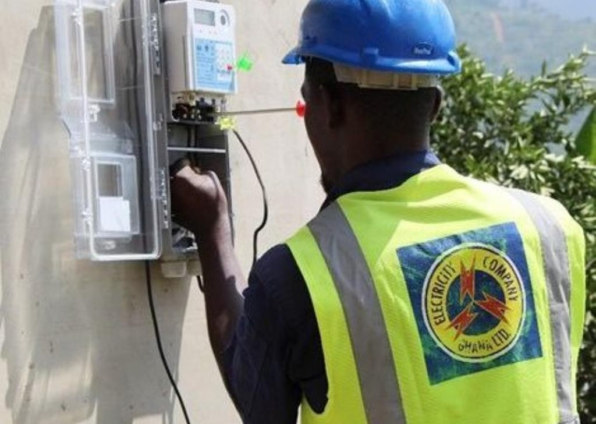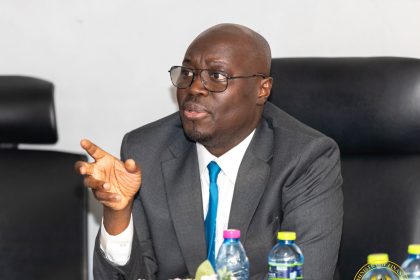The Electricity Company of Ghana (ECG) has come under heavy criticism following shocking revelations of financial mismanagement uncovered by the Public Accounts Committee (PAC) of Parliament. During a recent hearing, the committee cited the 2024 Auditor-General’s Report, which detailed a series of unapproved expenditures, questionable contract variations, and weak financial controls within the state power distributor.
According to the report, foreign training expenses at ECG ballooned from GHC21 million to GHC91 million within a year, while spending on cleaning services rose from GHC2.8 million to GHC10.4 million. Consultancy fees also increased from GHC40 million to GHC58.6 million. The committee questioned how such drastic increases could occur without proper authorization or oversight.
PAC Chairperson Abena Osei-Asare described the findings as disturbing and unacceptable. She said ECG’s management could not continue to commit “huge financial infractions” and then return to Parliament or the Public Utilities Regulatory Commission to justify higher electricity tariffs. The committee has directed ECG to submit detailed explanations and supporting documentation for all major expenditure items flagged in the report.
The revelations have triggered strong backlash from consumer and industry groups. The Food and Beverages Association of Ghana (FABAG) said the findings confirm long-standing concerns about inefficiency and waste within ECG. The group accused the company of mismanaging public funds while passing unnecessary costs onto consumers through tariff adjustments. FABAG and other advocacy groups have called for an immediate suspension of any proposed tariff increases until ECG proves it has taken concrete steps to fix its internal governance and financial control systems.
The timing of the scandal is particularly sensitive, as Ghana’s power sector continues to struggle with rising debt, operational inefficiencies, and intermittent outages. Analysts warn that continued mismanagement at ECG could worsen these problems and undermine confidence in the electricity distribution system. They argue that the company’s challenges go beyond funding constraints and stem largely from weak accountability structures and a lack of transparency in procurement and contract management.
In response, ECG officials have pledged to cooperate fully with the PAC and to implement measures aimed at tightening financial controls. The company says it is committed to restoring public trust and improving efficiency, but critics remain sceptical, pointing out that similar promises have been made in the past without meaningful change.
The PAC is expected to continue its hearings into the matter and could refer aspects of the case to the Attorney-General’s Department if evidence of criminal wrongdoing emerges. For now, the controversy has intensified public debate about the performance of state-owned enterprises and the urgent need for reforms to protect public funds and ensure value for money in Ghana’s energy sector.






